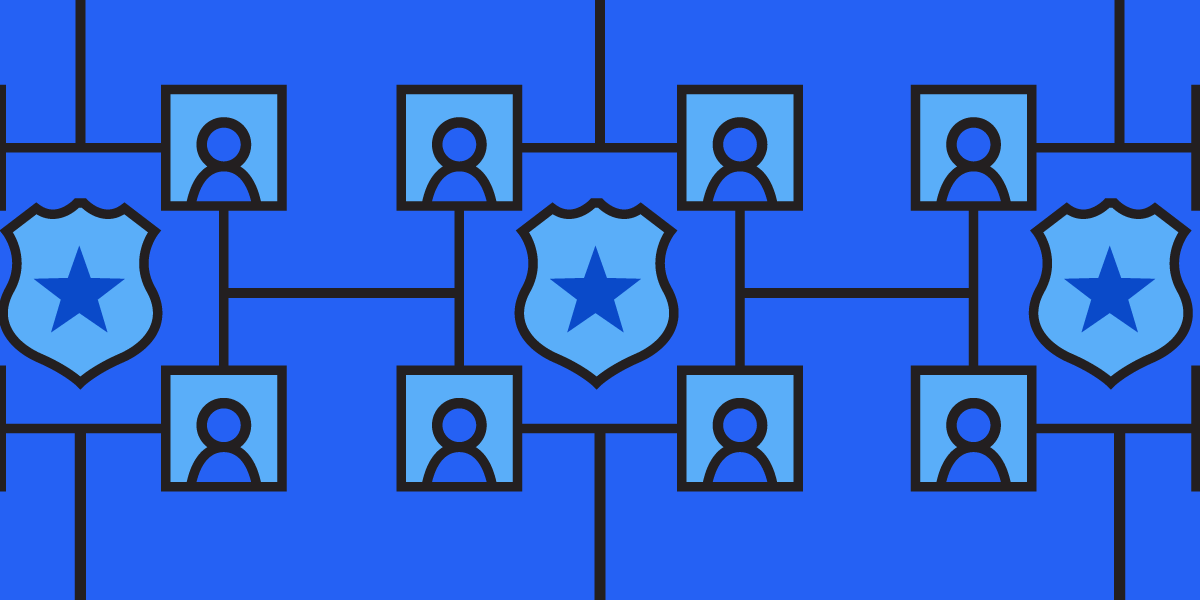The Los Angeles County Sheriff’s Department (LACSD) committed wholesale abuse of sensitive criminal justice databases in 2023, violating a specific rule against searching the data to run background checks for concealed carry firearm permits.
The sheriff’s department’s 6,789 abuses made up a majority of the record 7,275 violations across California that were reported to the state Department of Justice (CADOJ) in 2023 regarding the California Law Enforcement Telecommunications System (CLETS).
Records obtained by EFF also included numerous cases of other forms of database abuse in 2023, such as police allegedly using data for personal vendettas. While many violations resulted only in officers or other staff being retrained in appropriate use of the database, departments across the state reported that violations in 2023 led to 24 officers being suspended, six officers resigning, and nine being fired.
CLETS contains a lot of sensitive information and is meant to provide officers in California with access to a variety of databases, including records from the Department of Motor Vehicles, the National Law Enforcement Telecommunications System, Criminal Justice Information Services, and the National Crime Information Center. Law enforcement agencies with access to CLETS are required to inform the state Justice Department of any investigations and discipline related to misuse of the system. This mandatory reporting helps to provide oversight and transparency around how local agencies are using and abusing their access to the array of databases.
Misuse can take many forms, ranging from sharing passwords to using the system to look up romantic partners or celebrities. In 2019, CADOJ declared that using CLETS data for “immigration enforcement” is considered misuse under the California Values Act.
EFF periodically files California Public Records Act requests for the data and records generated by these CLETS misuse disclosures. To help improve access to this data, EFF’s investigations team has compiled and compressed that information from the years 2019 – 2023 for public download. Researchers and journalists can look up the individual data per agency year-to-year.
Download the 2019-2023 data here. Data from previous years is available here: 2010-2014, 2015, 2016, 2017, 2018.
California agencies are required to report misuse of CLETS to CADOJ by February 1 of the following year, which means numbers for 2024 are due to the state agency at the end of this month. However, it often takes the state several more months to follow up with agencies that do not respond and to enter information from the individual forms into a database.
Across California between 2019 and 2023, there have been:
- 761 investigations of CLETS misuse, resulting in findings of at least 7,635 individual violations of the system’s rules
- 55 officer suspensions, 50 resignations, and 42 firings related to CLETS misuse
- six misdemeanor convictions and one felony conviction related to CLETS misuse
As we reviewed the data made public since 2019, there were a few standout situations worth additional reporting. For example, LACSD in 2023 conducted one investigation into CLETS misuse which resulted in substantiating thousands of misuse claims. The Riverside County Sheriff’s Office and Pomona Police Department also found hundreds of violations of access to CLETS the same year.
Some of the highest profile cases include:
- LACSD’s use of criminal justice data for concealed carry permit research, which is specifically forbidden by CLETS rules. According to meeting notes of the CLETS oversight body, LACSD retrained all staff and implemented new processes. However, state Justice Department officials acknowledged that this problem was not unique, and they had documented other agencies abusing the data in the same way.
- A Redding Police Department officer in 2021 was charged with six misdemeanors after being accused of accessing CLETS to set up a traffic stop for his fiancée’s ex-husband, resulting in the man’s car being towed and impounded, the local outlet A News Cafe reported. Court records show the officer was fired, but he was ultimately acquitted by a jury in the criminal case. He now works for a different police department 30 miles away.
- The Folsom Police Department in 2021 fired an officer who was accused of sending racist texts and engaging in sexual misconduct, as well as abusing CLETS. However, the Sacramento County District Attorney told a local TV station it declined to file charges, citing insufficient evidence.
- A Madera Police Officer in 2021 resigned and pleaded guilty to accessing CLETS and providing that information to an unauthorized person. He received a one-year suspended sentence and 100 hours of community service, according to court records. In a statement, the police department said the individual’s “behavior was absolutely inappropriate” and “his actions tarnish the nobility of our profession.”
- A California Highway Patrol officer was charged with improperly accessing CLETS to investigate vehicles his friend was interested in purchasing as part of his automotive business.
The San Francisco Police Department, which failed to provide its numbers to CLETS in 2023, may be reporting at least one violation from the past year, according to a May 2024 report of sustained complaints, which lists one substantiated violation involving “Computer/CAD/CLETS Misuse.”
CLETS is only one of many massive databases available to law enforcement, but it is one of the very few with a mandatory reporting requirement for abuse; violations of other systems likely never go reported to a state oversight body or at all. The sheer amount of misuse should serve as a warning that other systems police use, such as automated license plate reader and face recognition databases, are likely also being abused at a high rate–or even higher, since they are not subject to the same scrutiny as CLETS.



